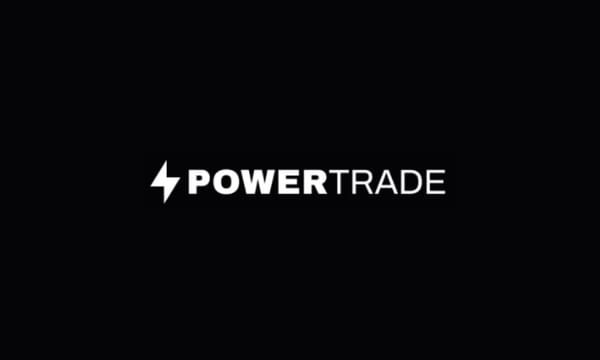CreDA Introduces Decentralized Credit Scoring to Boost Greater Access to Capital

CreDA (Credit DeFi Alliance), launches the world’s first decentralized credit service to improve the savings and loans system in crypto. The platform will use artificial intelligence (AI) systems to provide credit ratings using on-chain and traditional financial data.
Decentralized credit service startup, CreDA, officially announced the launch of its credit rating system following an initial open beta phase. According to the release, the protocol aims to improve and personalize the credit rating of crypto users in the DeFi ecosystem, allowing users to easily borrow under collateralized and uncollateralized loans from participating platforms.
Launched on American Thanksgiving, Thursday, November 25, CreDA leverages blockchain technology to provide a trust architecture to spur the growth of the DeFi lending ecosystem and link traditional lending systems with on-chain systems. The platform will simplify users’ transactions, minimize risk for lenders and boost access to capital via undercollateralized and non-collateralized loans.
While the world is rapidly adopting decentralized financial applications and cryptocurrencies, people’s on-chain assets and financial history don’t cross over into traditional financial markets, so they may still find it difficult to receive loans. At the same time, people who have great credit may find it difficult to enter the DeFi space, as lending platforms require overcollateralized loans, requiring borrowers to typically post upwards of 50% in collateral. This cripples the financial system, locking out people with good real-world credit scores, or the underbanked, from accessing any capital.
As Cassie Zhang, CreDA’s Chief Operating Officer explains, credit ratings are a clear solution to the over-collateralization of loans and expects CreDA to lead the field in introducing a new credit scoring system.
“The introduction of CreDA Credit Scores will enable unprecedented imagination and innovation to protocol users and developers alike.” Hofbauer adds, “But more importantly, CreDA fulfills the promise of blockchain and decentralized finance, providing the trust architecture needed to unlock capital for the billions of people without access to traditional banking.”
The global organization, with leadership and developer teams across North America, Europe, and Asia, aims to provide a platform that combines traditional credit data with on-chain data to compute a holistic user credit score, allowing more people to access capital, whether from traditional banks or DeFi lending protocols. It aims to increase opportunities to get credit and access capital as the world moves towards the metaverse and digital assets like NFTs.
Built on Arbitrum One, Ethereum layer 2, the platform obtains data on a user’s on-chain financial behavior and assets using the CreDA Credit Oracle, which employs AI to examine users’ transaction history across multiple blockchains. The data is used to calculate the users’ credit scores which are minted into a unique Credit NFT (cNFT). The cNFT is used on different platforms to authenticate the borrower’s credit score, unlocking incentives and loans on different DeFi lending platforms.
Users will also be able to use their cNFT on partner platforms to obtain similar benefits, as well as other incentives, for staking and lending. At launch, CreDA’s partners include UniSwap, SushiSwap, Elastos, FilDA, PolyNetwork, O3 Swap, WePiggy, Channels, and dForce.
According to CreDA’s developers, the Credit Oracle has already retrieved the data of billions of on-chain activities related to more than 50 million addresses. This large initial data pool helps to build a reliable and trustful credit model that will continue improving as more data is collected from users who connect and mint their credit scores. Future off-chain data from traditional sources will level up CreDA’s Credit Rating dramatically as well.
By using the cNFT, users are provided a gateway to better lending rates, preferential margin rates, improved credit ratings, and a range of incentives based on their credit score. The platform also breaks the geographical barriers of borrowing as anyone across the globe can easily obtain a credit score and get a decentralized loan. Speaking on the launch of CreDA, William Zhang, Security Architecture Lead at The World Bank Group in Washington DC said:
“While blockchain and DeFi have helped democratize data and finance, there is still a lack of trust that can be limiting for people without existing collateral. But a solution that provides access by rewarding good behavior, either on-chain or off-chain, and allows new users to earn trust within the system, could unlock new possibilities for nearly 2 billion people around the world.”
The future looks bright for CreDA, as billions of people across the globe need credit scores to get under or non-collateralized loans. Through the use of W3C compliant Decentralized Identities (DIDs), CreDA can establish financial identities for the world’s “unbanked” population adding an extra $250 billion to global gross domestic product (GDP). Billions of dollars in capital can be dispersed to borrowers who lack access to traditional finance and banking. Additionally, virtuous on-chain users can leverage their transactions to gain better credit scores, which allows for greater access to traditional finance and DeFi loans.




